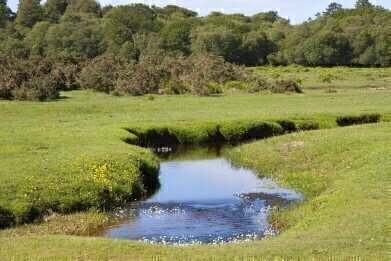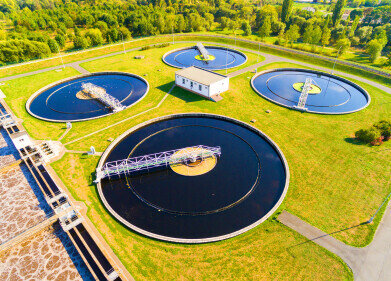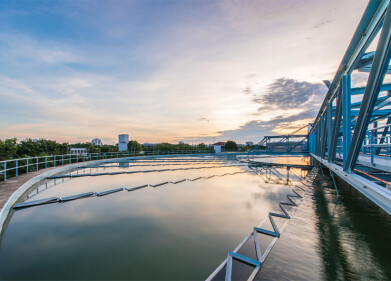Water/Wastewater
How Has Water Quality Monitoring Changed Over Time?
Jun 02 2021
The UK is home to a vast number of rivers, streams, lakes and reservoirs, with a complex network of drainage systems and pipework delivering fresh and clean water to homes around the country (as well as removing effluent from them). It wasn’t always like this, however.
While some regions of England and Wales were able to take advantage of piped water to their premises as early as the 15th century, it was very much a luxury. It wasn’t until the end of the 18th century that water was piped into the majority of British homes, while adequate sanitation and sewerage systems did not arrive until the beginning of the 19th century. Unsurprisingly, there was little to no monitoring infrastructure in place to guarantee water quality at that time.
Fortunately, things have changed significantly today. Wastewater treatment facilities filter out the impurities, chemicals and toxins from our effluent, while a robust system of water quality monitoring ensures that the water we drink and use to bathe, cook and clean our homes is healthy and clean. There are also regulatory bodies in place both nationally and internationally to ensure that both of the above functions are performed satisfactorily and consistently.
National monitoring
At the time of World War Two, water quality monitoring and management was handled by individual organisations across the country, most of them regional authorities. This meant that there were over 1,000 companies responsible for supplying water to British homes and more than 1,400 involved in collecting and disposing of domestic sewage.
The next two decades saw a period of consolidation in the UK, especially with the passing of the Water Resources Act in 1963, which recognised the value of coordinating the country’s approach to water quality monitoring in drinking water production, storage and distribution. 10 years on, the Water Act of 1973 saw the creation of 10 regional authorities tasked with managing resources, supplying water and collecting sewage.
In 1989, the 10 authorities were privatised to allow for greater competition and enhanced services. Three authorities were set up to regulate their activities, while the establishment of the Environment Agency in 1996 and Ofwat in 2006 took on those duties and still perform them today.
International monitoring
As well as being regulated by authorities in the UK, water companies in the country are also overseen by European bodies. In particular, there has been significant evolution of monitoring under the European Water Framework Directive (WFD), which was published in December 2000 and created a continental framework for assessing, managing, protecting and improving the quality of water resources in member states.
This piece of legislation does not just apply to drinking water supplies, but all waterways across the country. The WFD established four categories by which a waterway would be assessed, which include its biological, physical-chemical, chemical and hydromorphological health. Failure to satisfy the criteria in any one of these categories would result in a waterway being deemed as not fit to achieve approved status from the EU.
While the WFD has instigated some progress in the 20 years of its operation, there is still some way to go – as evidenced by the results of a 2019 ‘Fitness Check’ on European waterways. According to the findings of the report, just 70% of groundwater achieved satisfactory chemical status, while a mere 40% of surface water sources attained good ecological status. As such, water quality monitoring has certainly improved over the years – but it has also highlighted just how much room for improvement remains.
Digital Edition
IET 34.2 March 2024
April 2024
Gas Detection - Biogas batch fermentation system for laboratory use with automatic gas analysis in real time Water/Wastewater - Upcycling sensors for sustainable nature management - Prist...
View all digital editions
Events
Apr 22 2024 Hannover, Germany
Apr 22 2024 Marrakech, Morroco
Apr 23 2024 Kuala Lumpur, Malaysia
Apr 23 2024 Kintex, South Korea
Apr 23 2024 Edmonton, AB, Canada


















